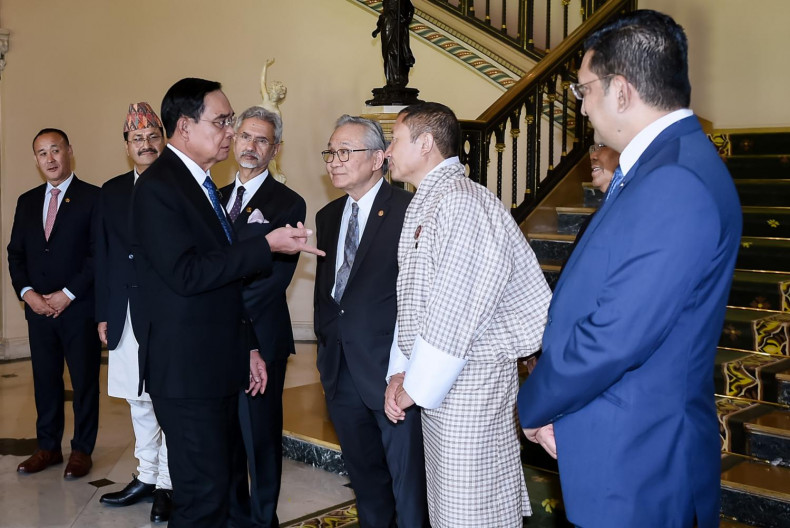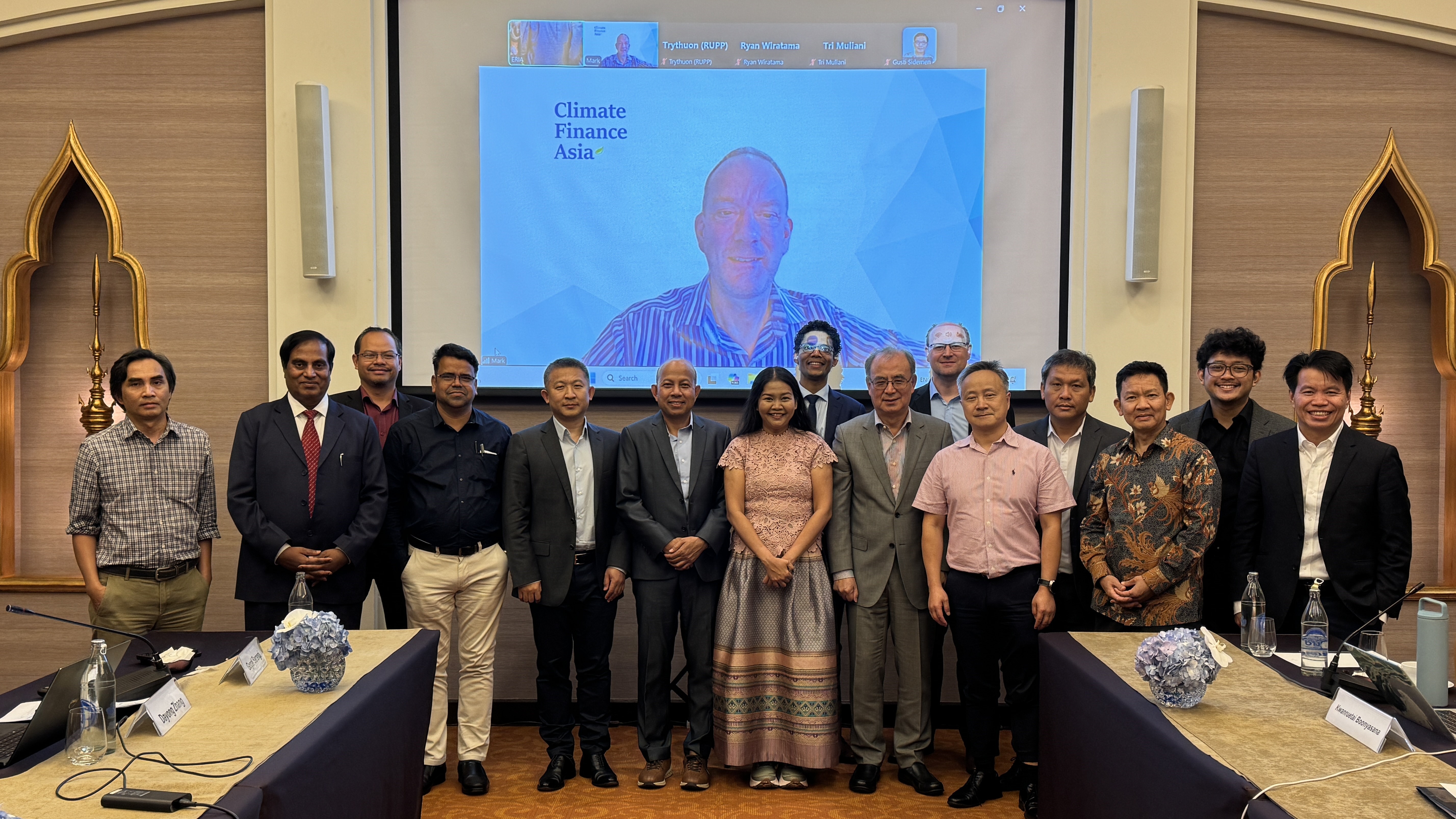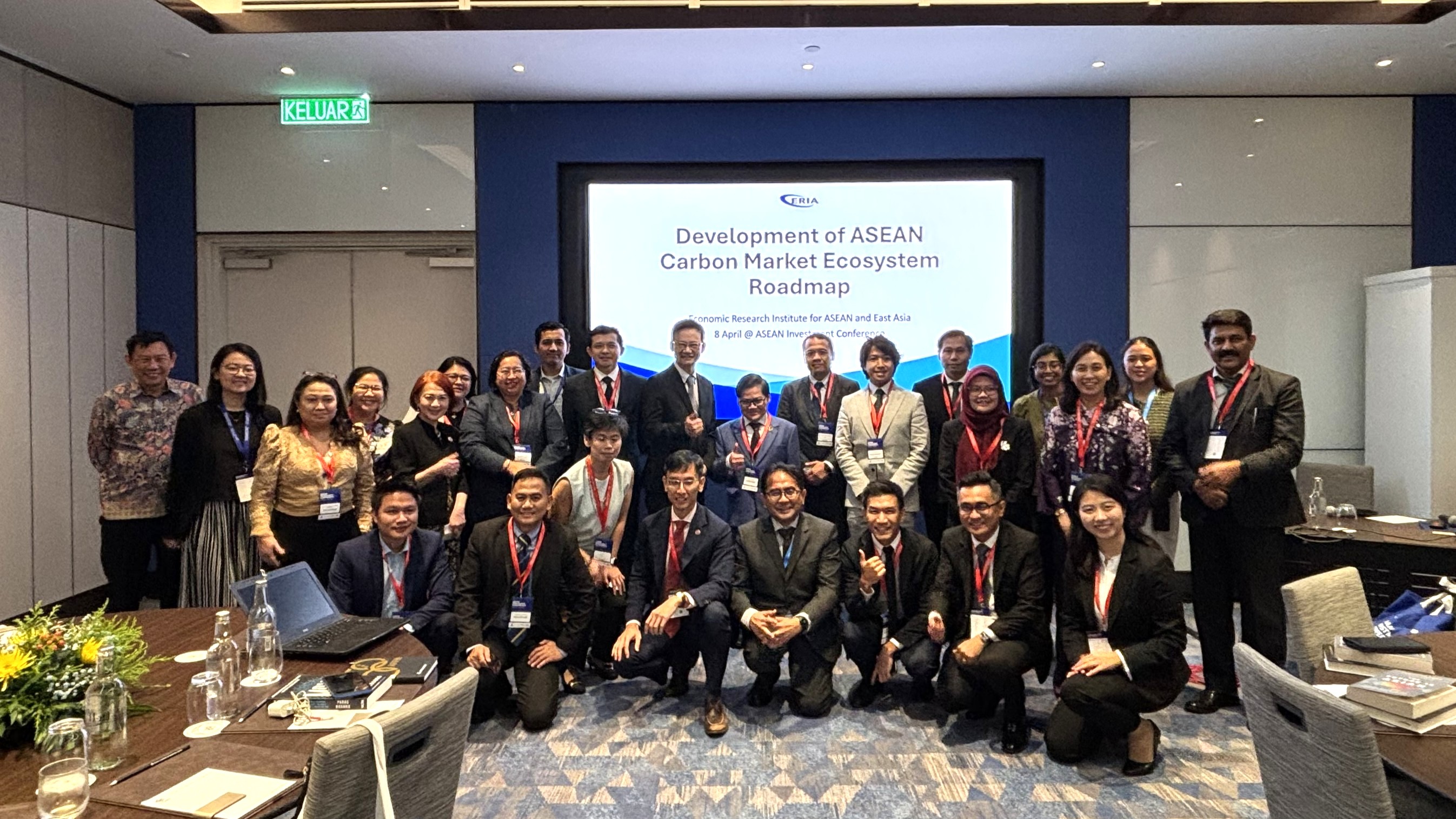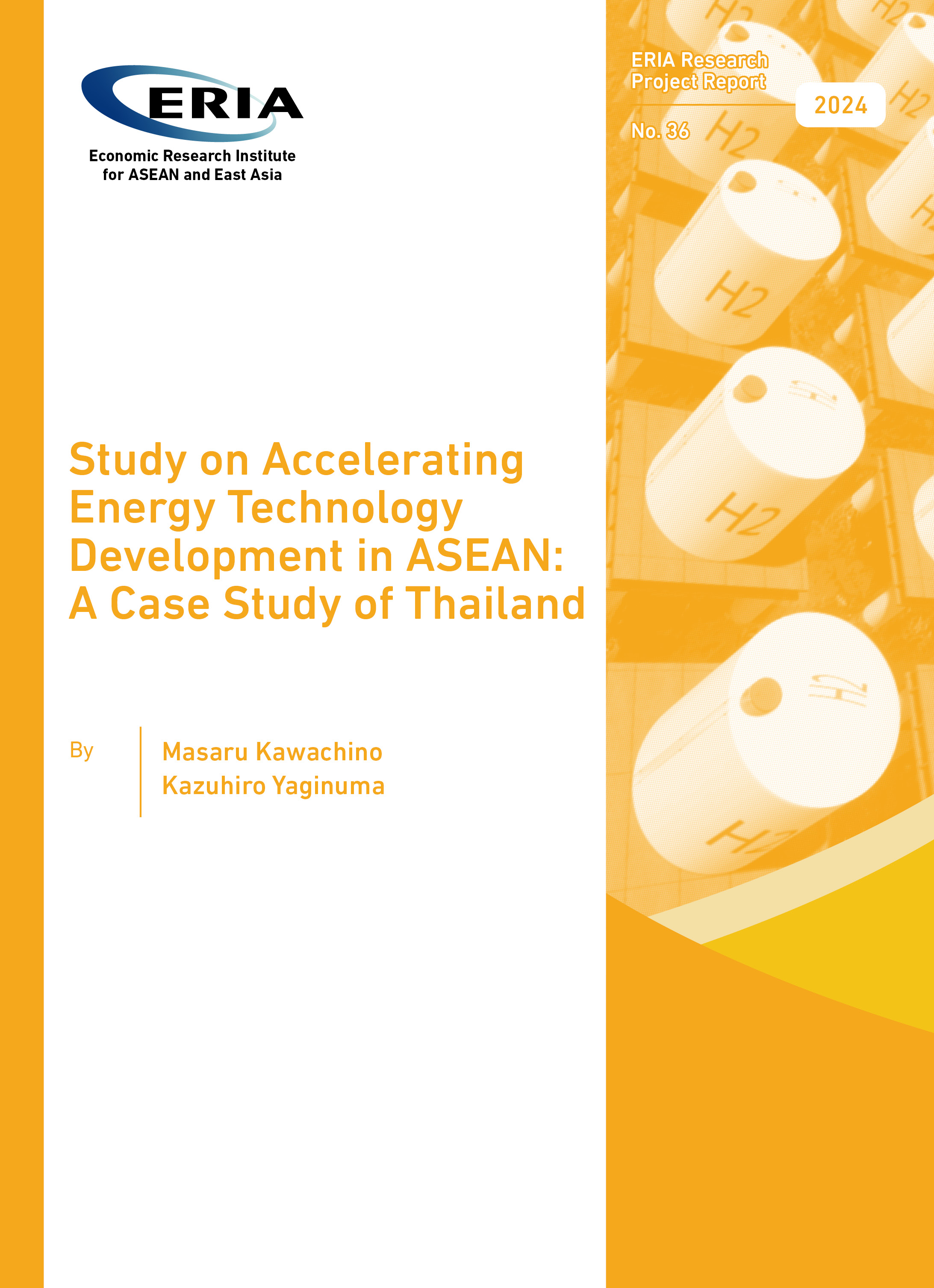Bimstec: A New Force of the Global South
Date:
25 July 2023Category:
OpinionsTopics:
-Share Article:
Print Article:
By Mr Kavi Chongkittavorn, Senior Communications Advisor: All of a sudden, the countries around the Bay of Bengal are coming to the fore and raising their profiles. They know full well that this vast maritime enclave, with its plentiful resources and potential benefits, is another important strategic landscape. So, it is better to get their act together.
Last week, seven foreign ministers from the Bay Area held a retreat in Bangkok. In the past 26 years since this lesser-known regional organisation was created in 1977, no such informal meeting had ever taken place.
The retreat's exchanges and dialogues were so refreshing and fruitful that the leaders agreed instantaneously to meet more often, at least three times a year, starting immediately. India was so enthusiastic that it will host the next retreat on the sidelines of the UN General Assembly meeting in New York in September. In a nutshell, Bimstec is no longer the same.
The retreat, which was initiated by Thailand, has laid a solid foundation for the incoming government to link up with this regional organisation and continue projects without any disruption. Bangkok, which is currently serving as the chair, is determined to revitalise the mini multilateral forum to further expand its Look West Policy, which was announced back in 1977.
The Bay of Bengal Initiative for Multi-Sectoral Technical and Economic Cooperation (Bimstec) is quite unique as it comprises the world's largest democracy, India, four other South Asian countries (Bangladesh, Sri Lanka, Bhutan, and Nepal) and two ASEAN members, Thailand and Myanmar.
Nay Pyi Taw is at the opposite end of the Indian pendulum, as the State Administrative Council has been boycotted and isolated. Therefore, this forum has become the only one at which Myanmar's Foreign Minister Than Swe could fully present himself.
In his tweet, Dr S Jaishankar, the Indian foreign minister, said: "The Bimstec Retreat in Bangkok was productive, with open and forward-looking discussion among colleagues. Focused on strengthening resilience and coordination among Bimstec members, it reflected the challenges that we all confront today and explored new facets and activities to enter new areas of cooperation.
"Food, health and energy security are common concerns. Technology solutions can be the subject of both collaboration and the exchange of best practices. Our common objective is to enhance growth and promote prosperity. We agreed to meet more frequently to take these ideas further."
While Dr Jaishankar's tweet captured the essence of the Bangkok retreat, there were other significant results that could further strengthen the cooperation within Bimstec as an emerging regional force in the Global South. The group still needs political will and strong leadership to implement what has been agreed in wide-ranging areas that would promote regional well-being.
The retreat saw wide-ranging exchanges of views regarding the region and the world. After all, the Bay Area also suffer from the same emerging threats, such as climate change and the green economy.
Granted, some member countries have been through various kinds of national crises; what were the lessons learned? For instance, Myanmar is currently under military rule and is facing serious domestic challenges in all areas, including internal fighting with resistance forces.
The countries that share a border with Myanmar also had opportunities to hold bilateral talks to discuss their common problems. India and Myanmar held their first full bilateral talks on border-related issues such as human trafficking, narcotics, arms smuggling and insurgencies.
In addition, Sri Lanka has been struggling on its own to overcome its economic and financial meltdown. According to Foreign Minister MUM Ali Sabry, his country's economic ills were identified long before, and the country has been searching for help from abroad, especially from international financial institutions. He told his Bimstec colleagues that it had taken too long for international assistance to arrive, thus delaying the finalisation of any assistance plan.
At the retreat, there was a broad agreement on the importance of creating crisis response mechanisms to coordinate different contingencies. Furthermore, the meeting also considered establishing digital payment systems and trade settlements, as well as strengthening cooperation in cyber security and the prevention of transnational crime.
Given the current geopolitical competition between the great powers, the Bay of Bengal is no longer a tranquil area. It is a strategic crossroads of maritime transportation -- a quarter of the world's traded goods annually cross the bay.
That potential could suddenly make it a hot spot if any one of these littoral states sides with any great power. After all, nearly 1.5 billion, or 22%, of the world's population lives around the Bay of of Bengal, with a combined GDP close to US$2.7 trillion (93 trillion baht). According to the latest statistics, all Bimstec countries enjoyed average annual growth rates of between 3.4% and 7.5% from 2012 to 2016.
To ensure the bloc's relevance, an Eminent Persons Group has been set up to draw up a future roadmap for the organisation. As chair, Thailand has already prepared its Bimstec Bangkok Vision 2030, which will be put forward at the year-end summit scheduled on Nov 30. The vision has three important goals -- a prosperous, resilient and open Bimstec, or Pro Bimstec.
The Bangkok vision also draws on Thailand's experience as the host of the Asia-Pacific Economic Cooperation last year. Besides ensuring the speedy recovery of post-pandemic economies and a more prosperous region, the vision also aims at poverty eradication through increased trade, investment and environmental conservation.
A resilient Bay of Bengal must be able to respond to emerging crises and challenges and have stronger human security networks in all dimensions. The Bangkok goal also envisages the bloc as an open forum for all stakeholders to become engaged and involved.
As a country engrossed with connectivity, Thailand hopes that it can further promote the Master Plan for Transport Connectivity, which will incorporate all sorts of sectors, such as motor vehicles. The India-Myanmar-Thailand Trilateral Highway has been the key project, but it has been delayed for the past four years. Bangkok wants to make sure that the highway is up and running soon and, if possible, open access to Bangladesh.
As a result of its vast coastal areas and port facilities, Thailand also is working on an agreement on maritime transport cooperation, including the Coastal Shipping Agreement, which will be signed by Bimstec leaders in November.
The ramping up of the Bay of Bengal is part of a growing trend of mini-lateral forums, where countries get together and boost cooperation to ensure that their networks, especially supply and value chains, remain intact. As the great powers confront one another with their preferences and decoupling tools, small and middle powers are getting closer to locking in resources and cooperation.
From the Thai perspective, Bimstec is an excellent platform to engage India and other South Asian countries without disrupting existing ties with other great powers. Thailand and India share common historical and cultural ties. Thus, it is easier for the two countries and their peoples to foster and diversify their relationships and cooperation.
At the same time, Bangkok also wants to protect its maritime territory and the long coastal area along the Andaman Sea, which forms part of the Bay of Bengal. In the past, irregular sea-borne displaced persons and some incidents of piracy have caused concern among the Thai navy. Closer maritime cooperation among Bimstec would serve as preventive measures.
Thailand is hoping that the rejuvenation and better synergy of Bimstec members will promote their overall well-being and uplift international profiles within the Global South. Most importantly, their strategic leverage and values will also increase to counter external powers that might temper their interests.
This opinion piece was written by ERIA's Senior Communications Advisor, Mr Kavi Chongkittavorn, and has been published in Bangkok Post. Click here to subscribe to the monthly newsletter.
Disclaimer: The views expressed are purely those of the authors and may not in any circumstances be regarded as stating an official position of the Economic Research Institute for ASEAN and East Asia.
(Photo credit: Government House of Thailand)








